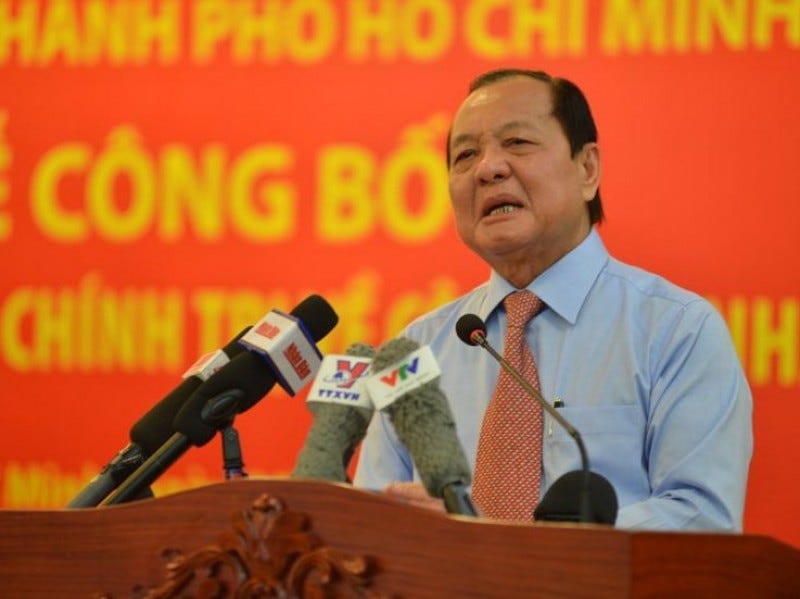Downfall of ‘The Coldest-Blooded Guy in South Vietnam’
The Life and Times of Le Thanh Hai

By: David Brown
If, sometime in the next few months, Le Thanh Hai is indicted for misappropriation of state assets, there will be few tears in Ho Chi Minh City, even though Hai is a local boy. People there believe that Boss Hai, who dominated the municipal administration for two decades, deserves whatever may be coming to him, and more, if possible.
As th…
Keep reading with a 7-day free trial
Subscribe to Asia Sentinel to keep reading this post and get 7 days of free access to the full post archives.
